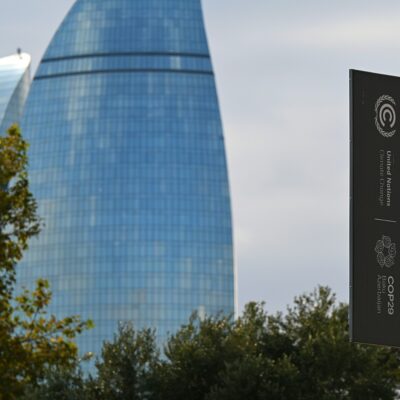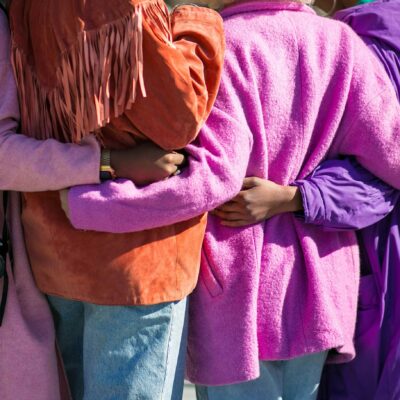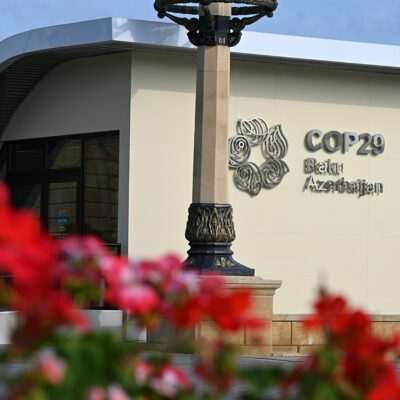 Photo: Antenna / Unsplash
Photo: Antenna / Unsplash
This article was first published at EADI.
A new paper commissioned by EADI, conducted between October 2019 and July 2020 aims to assess from the perspective of academia facets of cooperation between development research and practice. This includes identifying main groups of non-academic actors involved, analyzing motivations as well as enabling or disabling factors, and exploring ethical challenges of research-practice collaboration in development research.
“The study was conducted in the context of the rising attention paid to cooperation between research and practice in the context of sustainable development.”
“The study comprises descriptive quantitative data analysis of data generated through an online survey, which was distributed among heads of EADI member institutions, as well as qualitative content analysis of expert interviews. The sample consists of 52 survey respondents predominantly with PhD level education and experience in collaborations, as well as 11 senior-level researchers with experience in collaboration with practitioners as interview partners.”
“Results show that researchers in a majority of cases have additional roles in joint projects, such as project leadership and coordination, and generally feel a strong responsibility for ensuring project success and impact. Practitioners get involved in the research process most often at the beginning (problem definition) and end (dissemination), and slightly less often during data collection. Involvement is lowest during theoretical reasoning and hypothesis formulation as well as development of research design and data analysis.”
“Factors potentially undermining project success appear to be a lack of understanding of scientific methods and processes on the side of practitioners, and lack of partner motivation as well as organizational differences. Furthermore, collaborative projects are perceived to be more resource intense regarding time, management effort and communication. Funding appears to be a critical issue shaping collaboration.”
Read the policy paper here.
This article was first published by Sonja Keller and Katja Bender, Hochschule Bonn-Rhein-Sieg, University of Applied Sciences.










